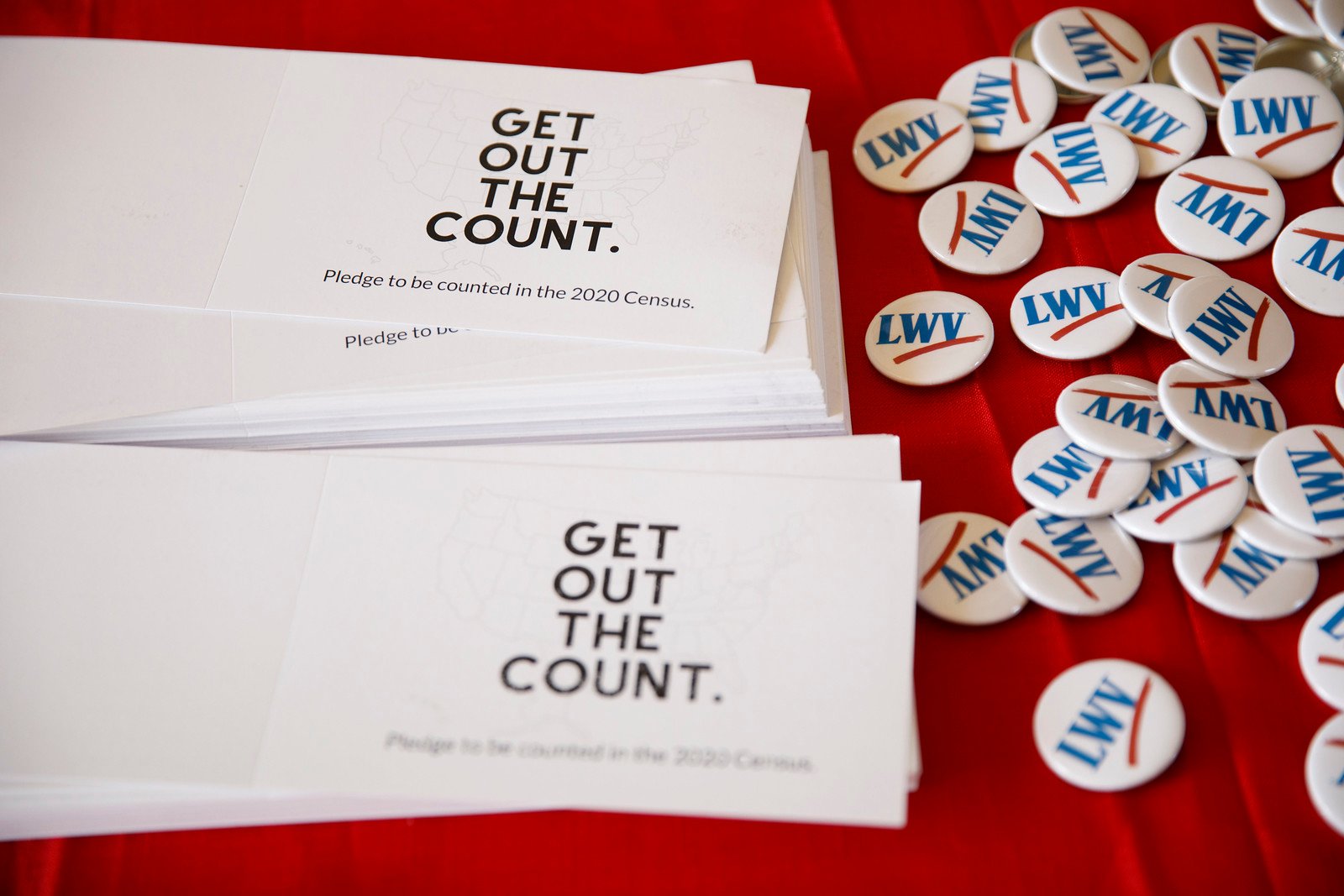
Census
Census
The US Census is the once-in-a-decade process of counting every resident in the country. This data is then used to create district maps during the redistricting cycle.
Why It Matters
US Census data is used to make decisions around education, healthcare, infrastructure, and political representation. With increased growth across the country, getting an accurate and complete count of every person living within is crucial to ensure that each state receives funding to support the number of residents in each state.
What We're Doing
The League’s Census work occurs in three phases: (1) Education; (2) Get Out to Count activities, (3) Watchdog reporting. In the months leading up to Census Day, Leagues around the country go into communities sharing information and resources about how to participate and the importance of the U.S. Census. On Census Day, the League works in a coalition to help get everyone counted, works in Complete Count Committees to share out information about low-reporting areas, and communicates where additional support is needed.
Now that the redistricting process has begun, the League is focused on empowering people to get involved in the creation of fair districts through Census data.
The League of Women Voters of the United States joined public comments in response to the Census Bureau’s request for review and approval for a test of sexual orientation and gender identity (SOGI) questions in the American Community Survey (ACS) in 2024.
The League joined 34 other organizations in urging the Census Bureau to reconsider its recommendation to reduce the sample size used in the Survey of Income and Program Participation (SIPP).
The League submitted comments to the Management and Budget Office (OMB) regarding its proposed updates to the federal government’s race and ethnicity data collection standards. The outcome of this comment opportunity will update the questions that respondents see on the US Census and other forms of government data collection. LWVUS also signed onto partner comments to amplify how the proposed changes would impact numerous racial and ethnic communities in the US.
Stay Updated
Keep up with the League's work with the census. Receive emails to your inbox!
Donate and support our work
to promote the census





